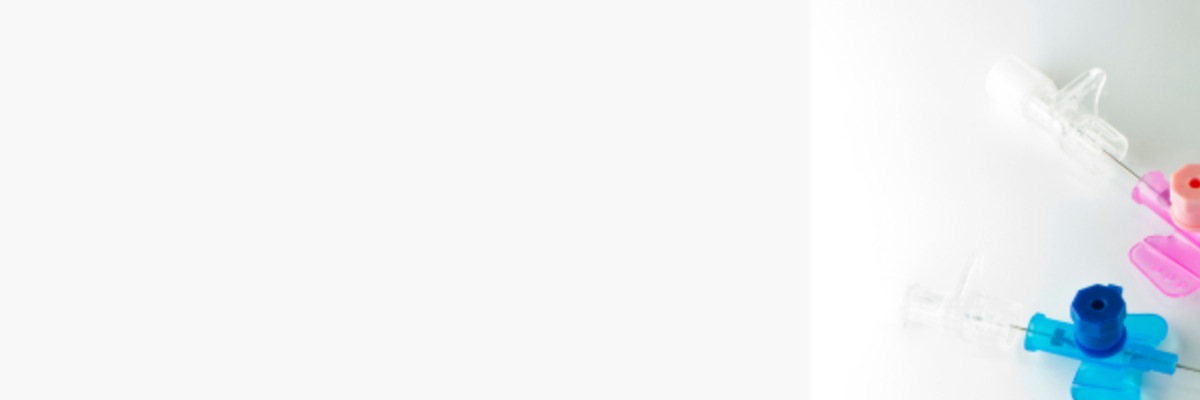


Around 270,000 people in Germany suffer a stroke each year. Until now, the standard treatment has been thrombolysis: the intravenous administration of a drug, but this may not be sufficient when large cerebral vessels are blocked. A recent international study led by the University Medical Centre Hamburg-Eppendorf and the University Medical Centre Heidelberg has shown significant benefits in using catheters when treating sufferers of a stroke. This treatment is known but until now has been considered riskier, this new long-term study shows that the success and benefits of catheter use outweighs any risk.
Competition among catheter manufacturers is very high, which is why patent protection is particularly important. Should the German and international guidelines for the treatment of ischemic strokes be adapted in light of this study, this would likely lead to an increased demand for catheters in this new treatment.
Jochen Kilchert, patent attorney and partner, explains: “Medical technology companies must protect themselves against imitations by filing patent applications in order to remain successful on the market and to be able to carry out research in the interests of those affected. Patents providing a driving force in the market, motivating competitors to come up with improved products and thus new inventions, which in turn increases treatment options and the safety for patients. One of our clients was honoured as a top innovator at a major business forum in June. That is ultimately the core of patent law: monopolizing and monetising inventions in order to create incentives and pressure for new improvements.”
If this topic interests you and you have any questions about patents in medical technology, please contact us at any time.